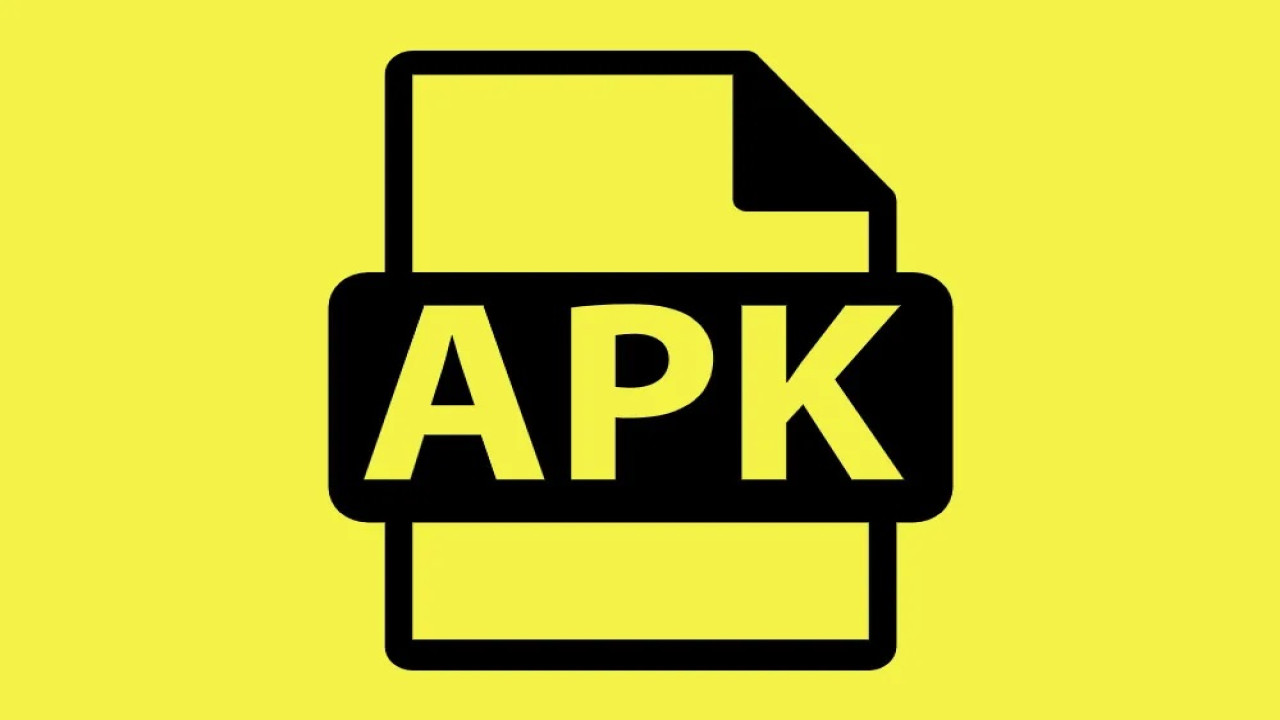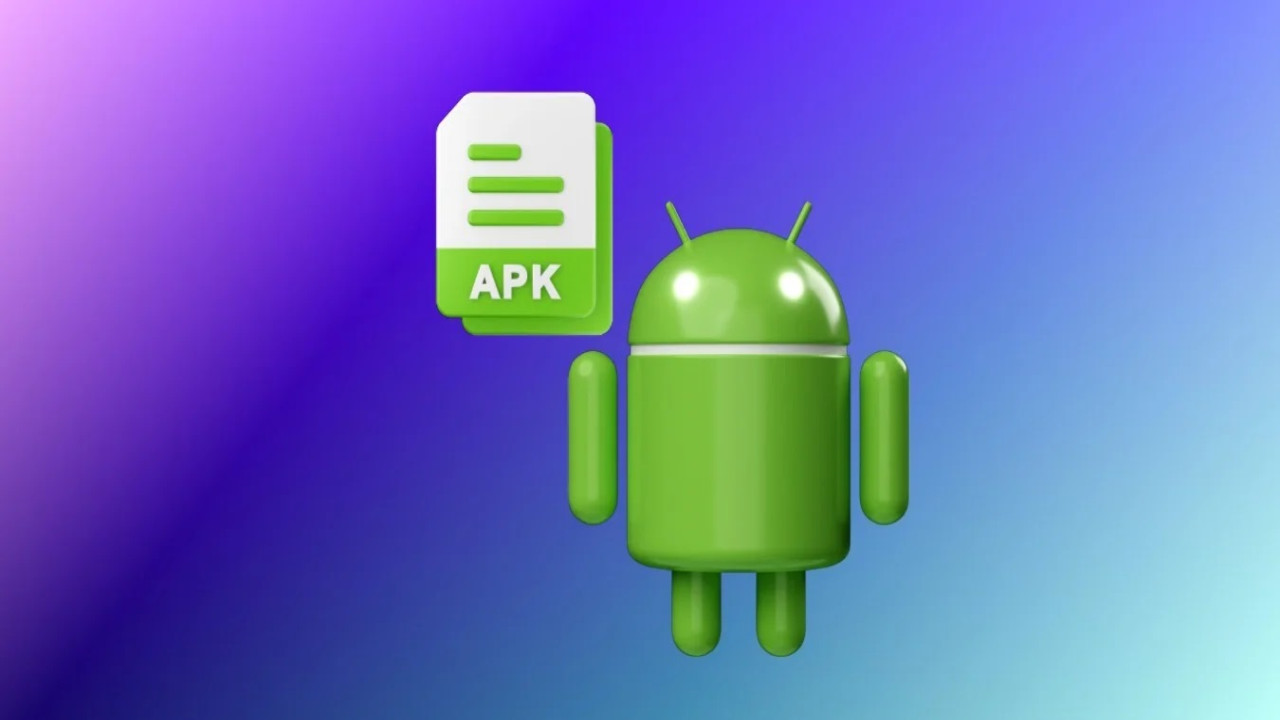Cross-Platform APK Development
The demand for mobile apps is ever-growing, and Android holds a significant share of the market. While traditional development would involve creating an Android app using native tools like Java or Kotlin, cross-platform development offers an enticing alternative. It enables you to build a single codebase and produce APKs ready for the Android platform alongside versions for other operating systems like iOS.
Popular Cross-Platform Frameworks
-
Flutter: Developed by Google, Flutter uses the Dart programming language and offers beautiful UI widgets as well as excellent performance. (https://flutter.dev/)
-
React Native: Backed by Facebook, React Native utilizes JavaScript and React, making it familiar to many web developers. (https://reactnative.dev/)
-
Xamarin: Owned by Microsoft, Xamarin lets you develop apps in C#, appealing to .NET developers and offering robust features. (https://dotnet.microsoft.com/en-us/apps/xamarin)
-
Unity: Primarily known for game development, Unity is also a viable option for cross-platform apps thanks to its C# support and powerful visual tools. (https://unity.com/)
Trade-offs of Cross-Platform Development
-
Performance: While generally good, cross-platform apps may not always reach the peak performance of fully native Android apps.
-
Platform-Specific Features: Accessing the latest or very niche Android features might be delayed or less streamlined in a cross-platform framework.
-
Learning Curve: You'll need to familiarize yourself with the chosen framework's language and paradigms.
Advantages of Cross-Platform Development
-
Faster Development Time: Create apps for Android and other platforms using a single codebase, saving time and resources.
-
Reduced Costs: Maintain a smaller development team without needing dedicated Android developers.
-
Wider Reach: Target multiple platforms from a single development effort.
Is Cross-Platform APK Development Right for You?
Consider the following factors:
-
App Complexity: For highly complex apps, using native tools might be best to squeeze out every bit of performance.
-
Team Expertise: If your team is already proficient in relevant technologies (e.g., JavaScript), cross-platform becomes more compelling.
-
Maintenance Needs: One codebase means easier long-term app maintenance across platforms.
Conclusion
Cross-platform development offers a powerful way to deliver APK files for the Android market while simultaneously targeting other platforms. Carefully weighing its advantages and trade-offs will help you determine whether it's the right approach for your specific app development project.








Comments (0)